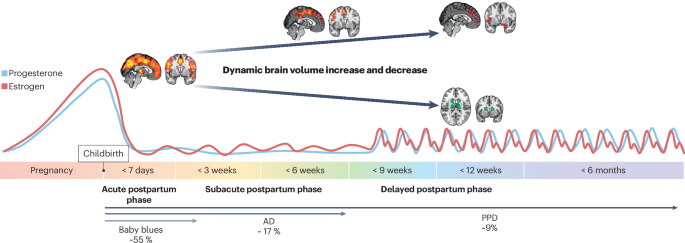ABC’s of health – Mayo Clinic Press

ABC’s of Taking Care of Me is set in a bustling household and joyfully captures the spirit of childhood. Each letter highlights a unique aspect of the child’s day, emphasizing the importance of caring for themselves, their loved ones, and the world around them. From morning stretches to goodnight kisses, brushing teeth to listening to eating well, this book is the perfect head start to healthy habits for every child and family!
Dr. Angela Mattke, medical editor for ABC’s of Taking Care of Me, took some time to answer questions about encouraging literacy development, letter and number learning and incorporating exercise into busy kids lives.
Q: Who is this book for and what can readers take away from this book?
Dr. Mattke: This book is designed for all kids and families with young children who want to foster early literacy, developmental milestones, and build self-efficacy. It supports the growth of healthy and strong bodies and minds by combining learning the ABCs with lessons on self-care.
Q: What are ways that parents can encourage literacy development with their children?
Dr. Mattke: One of the most effective ways parents can encourage literacy development is by incorporating reading into their daily routine with their child, starting from the earliest months of life. Reading books to your child from infancy through later childhood fosters language and literacy skills, supporting crucial developmental milestones at each stage. By making reading a regular and enjoyable activity, parents help their children build a strong foundation for lifelong learning and literacy.
Q: If parents could focus on one or two things to care for their children’s health, what do you recommend as top priorities?
Dr. Mattke: My top two priorities for parents are to limit screen time and to foster emotional health and resilience in their children. By managing screen time, parents can help promote physical activity and healthy bodies, independent creativity, better sleep, and healthier social interactions and emotional regulation. Fostering emotional health and resilience involves teaching children how to cope with challenges, express their emotions constructively, and develop strong self-esteem, all of which are crucial for their overall well-being.
Q: How can parents incorporate letter or number learning into their child’s everyday life?
Dr. Mattke: One of the best ways to incorporate letter and number learning is through play and daily life activities. For example, while driving in the car, you can create an “I Spy” game where your child finds letters or numbers on signs, license plates, or buildings. When they find a letter, you can respond by saying the phonetic sounds that letter makes. This not only helps with letter recognition but also keeps them engaged without the need for screens.
Experiencing boredom can actually foster creativity and imaginative play in children. Car trips are a great time to interact with your kids and play educational games, turning travel time into valuable learning moments.
Another fun way to teach letters and numbers is through sensory activities like playing with sand, playdough, finger paints, or pudding painting. Encourage your child to practice writing letters and numbers in these mediums, making learning a hands-on and enjoyable experience.
Q: How can parents incorporate exercise into busy lives? How much exercise do kids need?
Dr. Mattke: The best way for families to stay active is to do it together and make sure you are keeping any eye on screentime. In our busy lives, incorporating movement into family time and playtime is the most enjoyable and effective approach. I always remind my patients that kids should naturally move their bodies through play. For young children aged 3-5, this means at least 3 hours of physical activity each day. For children over 5, aim for at least 60 minutes of moderate to vigorous activity daily. My family likes to go for walks, hiking, biking, and playing sports together like soccer, frisbee, and basketball. Let’s make moving together a fun and regular part of our family routine!

Relevant reading
Period.
Backed by the experts at Mayo Clinic, PERIOD. is the no-nonsense guide kids and caregivers alike can trust to navigate menstruation, period.
link









